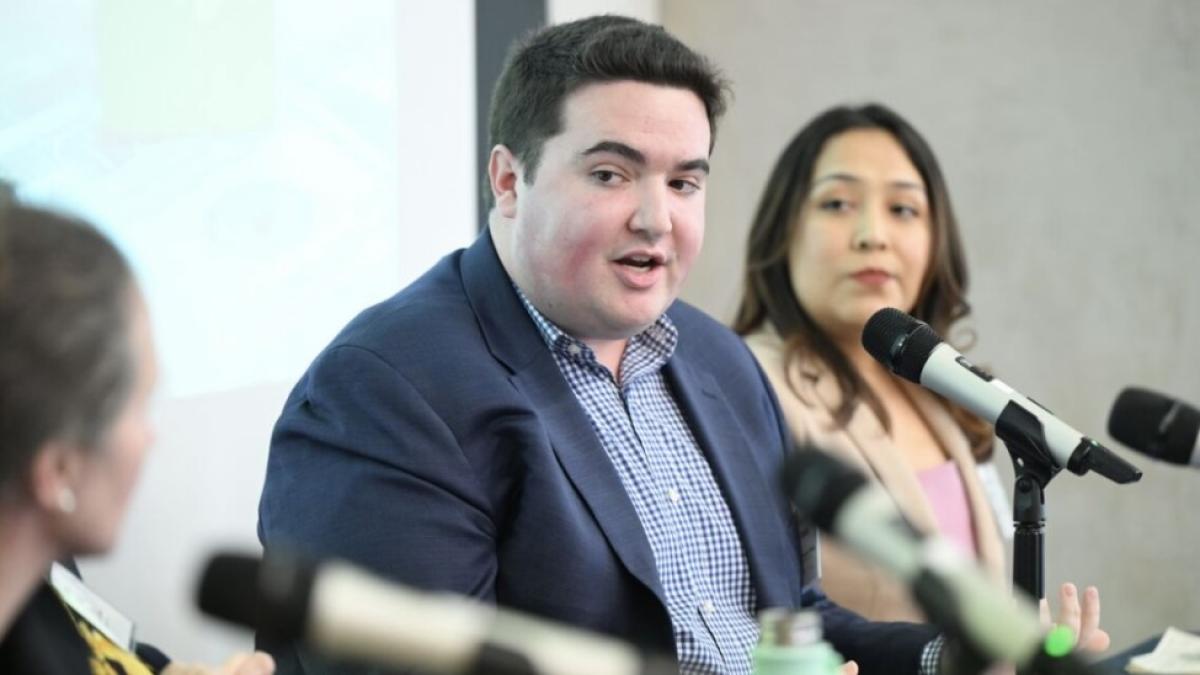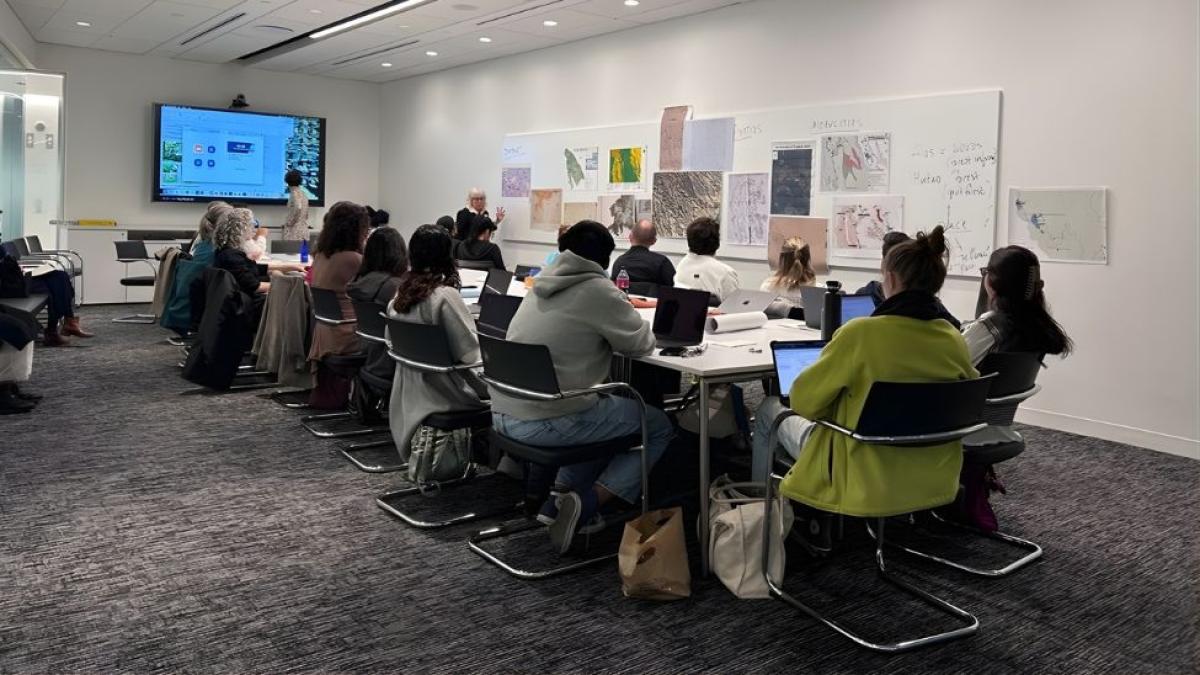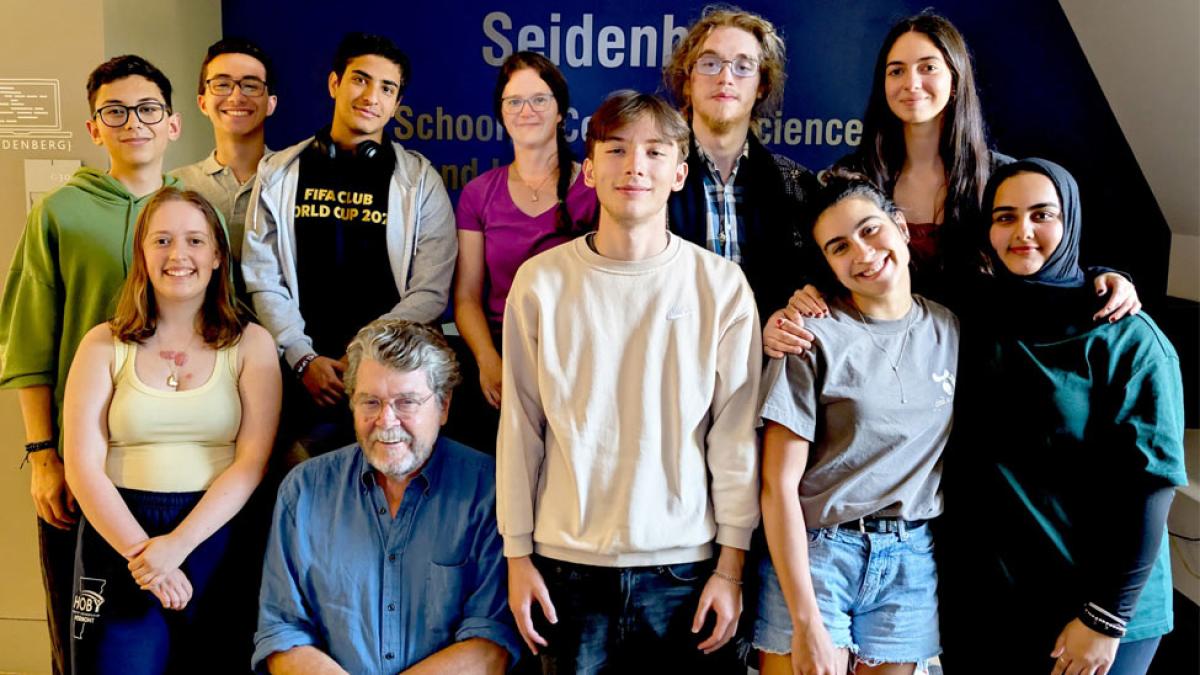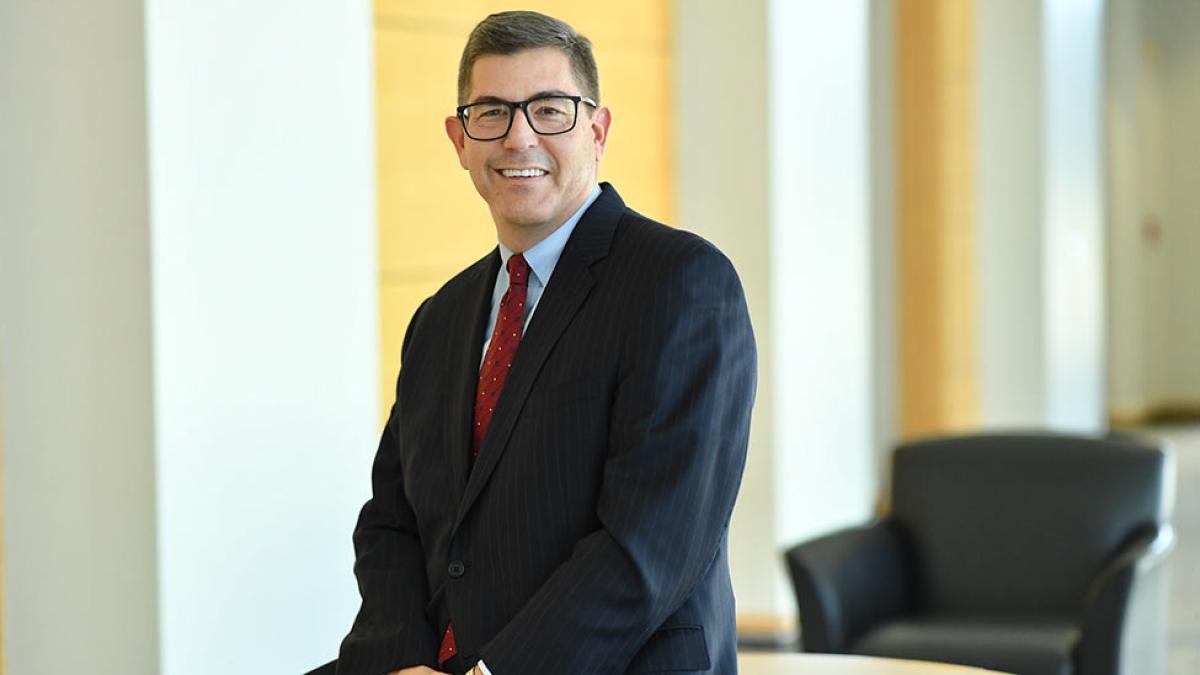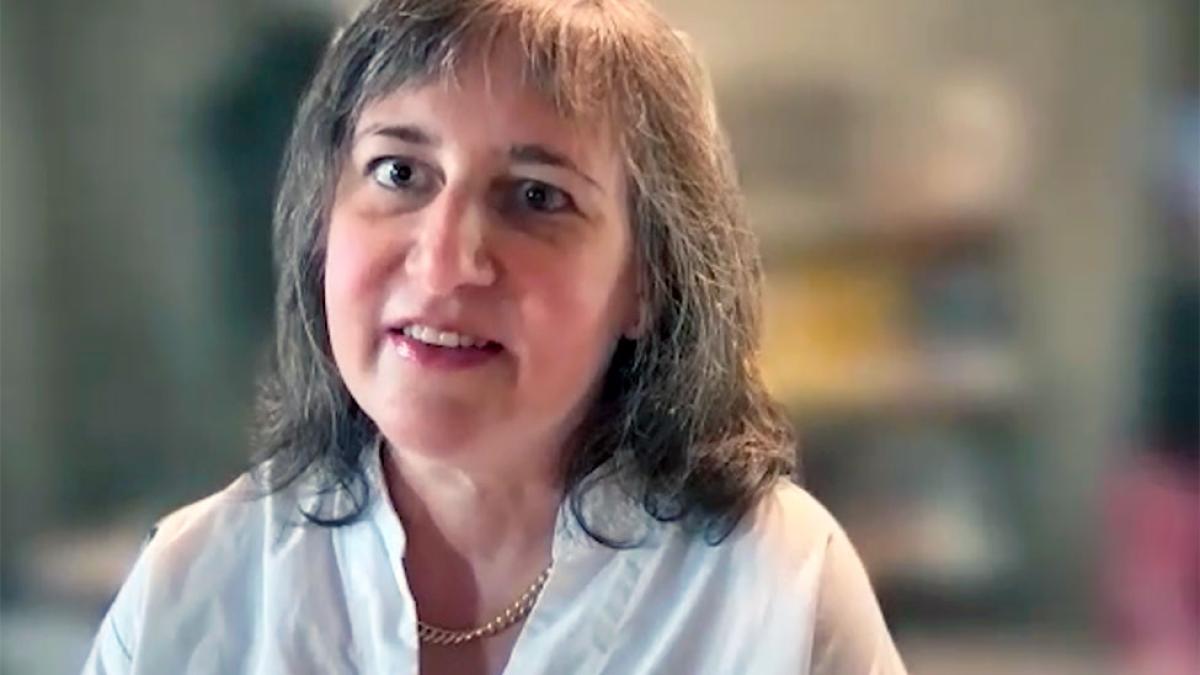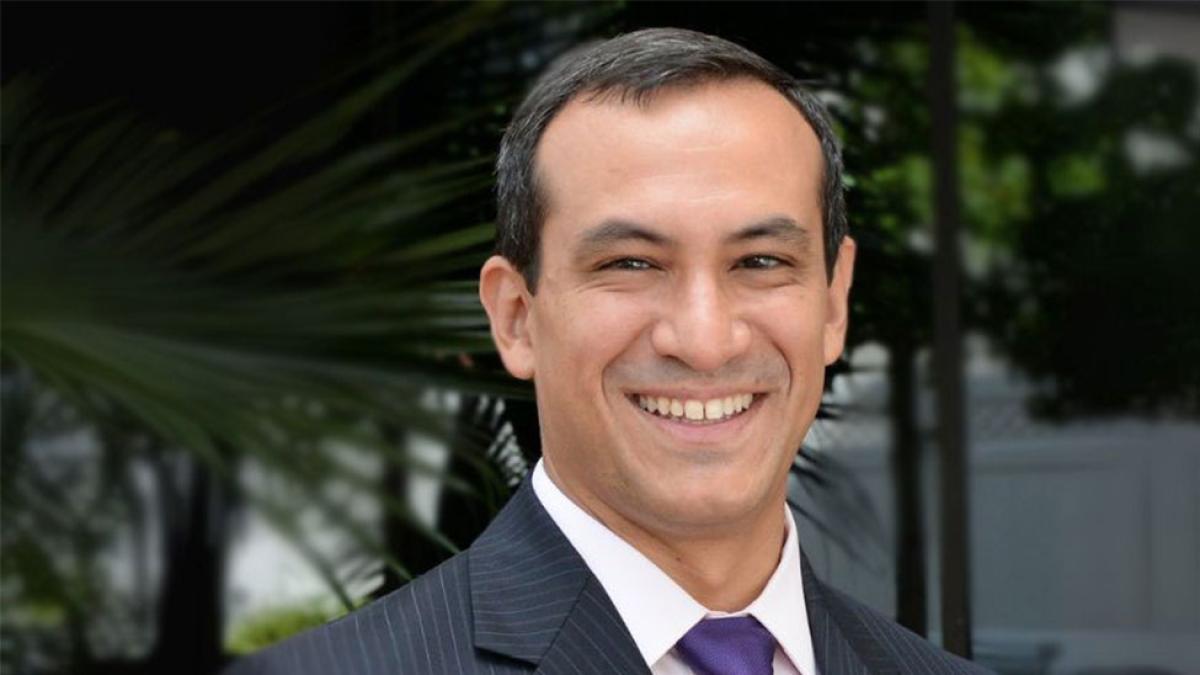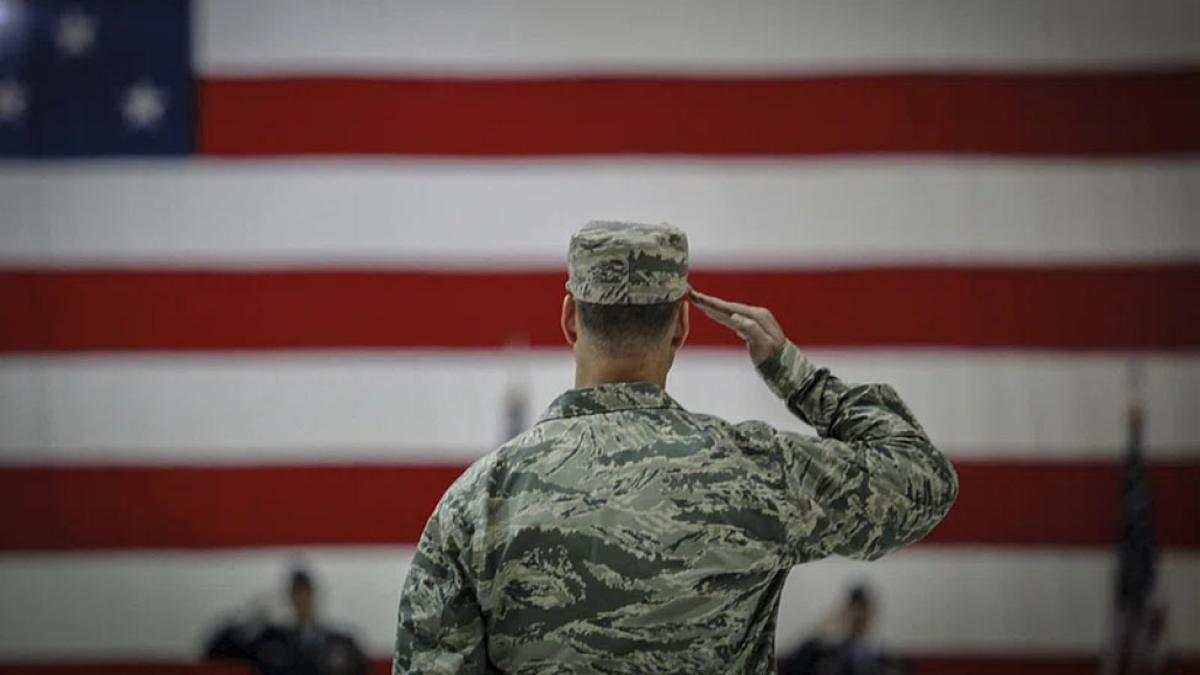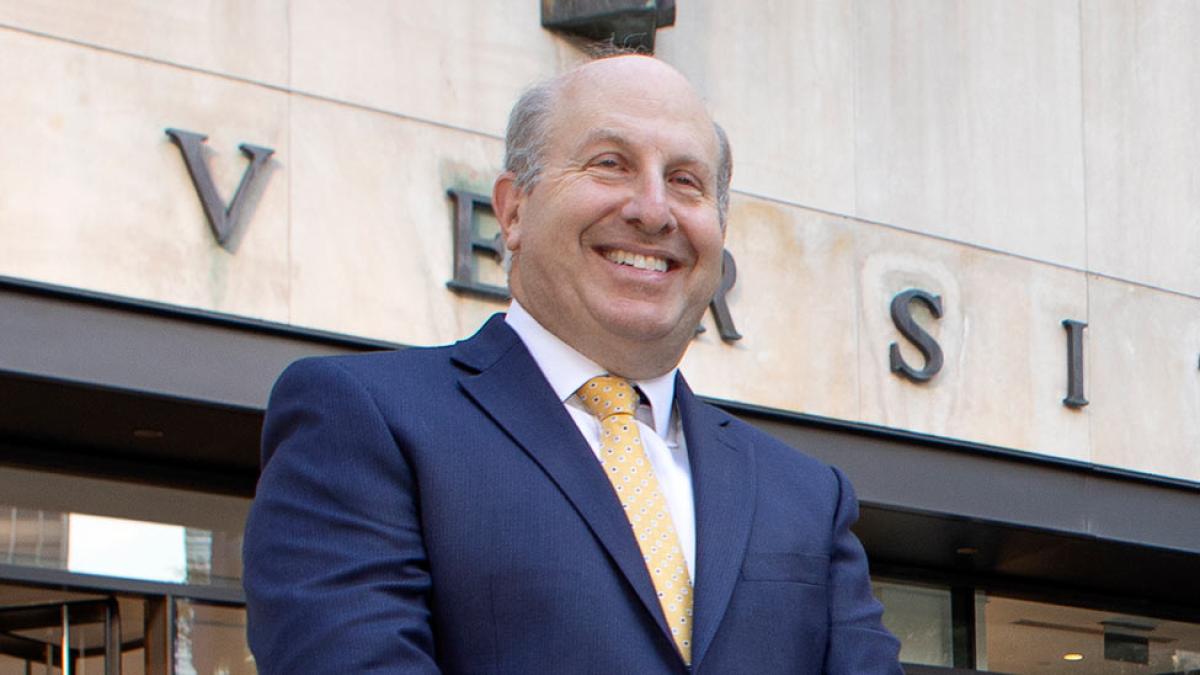Pace Now
Pace Now
-
-
Faculty and StaffOctober 30, 2025
-
Pace News
Latest News
Professor Joseph Tse-hei Lee writes in Taipei Times about the anticipated summit between US President Joe Biden and Chinese President Xi Jinping (習近平) and why Taiwan matters.
Proffer sessions are typically conducted between the prosecution and the defense to determine whether a prosecutor will allow a defendant to plead guilty. A prosecutor will ask a defendant for a “proffer” of what the defendant knows about the case and what information the defendant is willing to reveal to the prosecution, and whether the defendant is willing to testify at a trial, Bennett Gershman, a former New York prosecutor and law professor at Pace University, told Salon. “If the defendant’s information and cooperation satisfies the prosecutor, then the prosecutor will allow the defendant to take a favorable plea deal, often pleading guilty to a crime well below the maximum sentence that could be imposed if the defendant was convicted after a trial,” Gershman explained.
Lubin Professor Bruce Bachenheimer provides expert advice to Money Geek about service members and veteran’s starting a business.
Elisabeth Haub School of Law Professor Nicholas Robinson provides insights to The Intercept about the showdown between the state and Lights Out Norlite — one of the first tests of New York’s Green Amendment, and the court’s decision could have reverberations around the country.
Andrew Sciallo pens an op-ed in USA Today about queer masculinities.
Pace University Veteran students were on set at Good Morning America for a segment about Student Veterans of America (SVA).
Pace University was awarded $1.486 million from New York State – through the New York Energy Research and Development Authority (NYSERDA) and Empire State Development (ESD) – for a carbon challenge grant to support our energy efficiency initiatives at 1 Pace Plaza. Pace was one of 15 innovative projects selected from across New York State that will reduce carbon emissions and greenhouse gases.
Do the humanities still matter?
That’s been the question in headlines about higher education lately. The New York Times weighed in last week, examining the “existential crisis” facing these classic liberal arts programs nationwide. A big article in The New Yorker early in the year kicked off the serious hand-wringing, arguing that traditional liberal arts study has become the quaint province of a privileged elite, students who don’t require a return on their tuition investment and can afford to spend time on unremunerative pursuits. Next, as if to prove the point, over the summer the University of West Virginia said that in order to cut a yawning budget deficit it would cut a range of programs, from world languages to creative writing. Meanwhile, lower-profile announcements keep coming that smaller colleges facing enrollment challenges are eliminating less-popular majors, often in the humanities, to stay afloat.
“This is the nightmare scenario that to millions of Americans is unfathomable but realistically possible,” Bennett Gershman, a former New York prosecutor and law professor at Pace University, told Salon. “It is also the scenario that millions of Americans look forward to with glee and the opportunity for retribution against the enemies of Trump.” Ultimately, the Supreme Court will “need to step up and prevent Trump’s plot to abuse his power,” Gershman said. Invoking the insurrection act and the ex-president’s plan to punish critics is “obviously unconstitutional.”
Pace’s School of Education is working with the White Plains School District to help address the teacher shortage.

